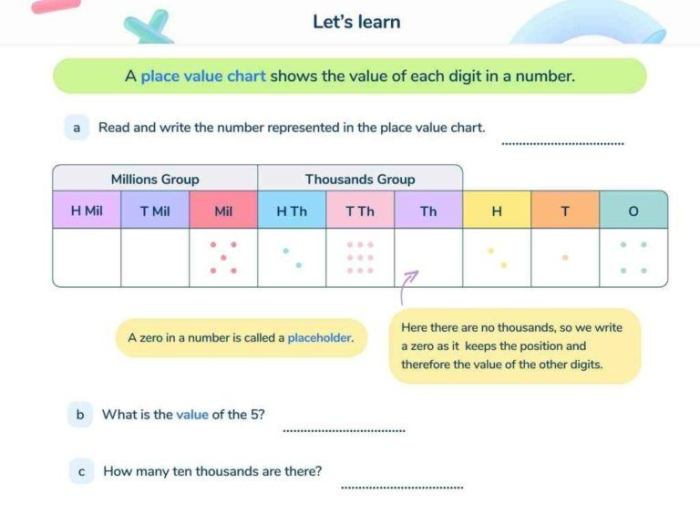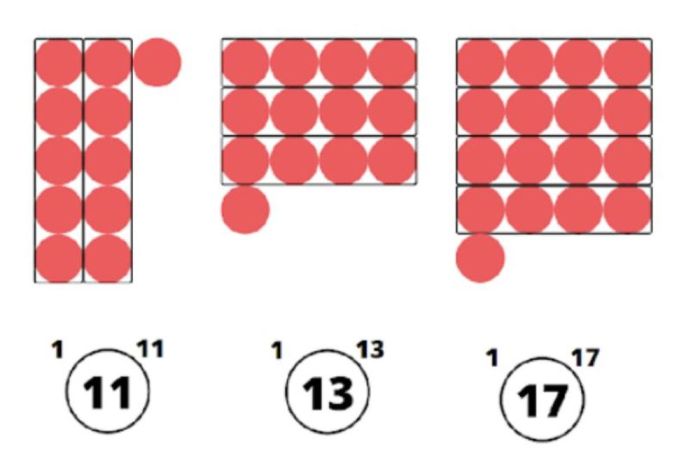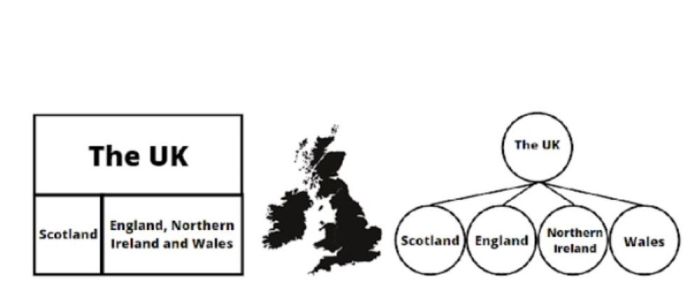Words with the stem fract invite us on a linguistic adventure, revealing their fascinating origins, diverse meanings, and cultural significance. Embark on a journey where etymology meets usage, and the boundaries of language blur.
These words, rooted in the Latin “frangere” (to break), encompass a spectrum of meanings, from the literal act of shattering to the abstract concept of disruption. Join us as we explore the intricate tapestry of words with the stem fract, uncovering their nuances and the stories they tell.
Word Origins and Etymology
The word “fract” has a rich history, originating from the Latin root “frangere,” meaning “to break.” This root has given rise to numerous words in the English language, all sharing the concept of breaking or shattering.
Over time, “frangere” evolved into the Old French word “fraindre,” which was borrowed into Middle English as “fraien.” This word eventually transformed into the modern English “fract,” which retains the original meaning of “to break.”
Examples of Words Sharing the Same Root
Words that share the root “frangere” include:
- fracture: a break or crack in a bone or other hard material
- fragment: a small piece of something that has been broken
- fraction: a part of a whole, expressed as a number
- fragile: easily broken or damaged
- infringe: to break a law or rule
Meanings and Definitions

Words with the stem “fract” typically relate to the concept of breaking or shattering. Here are the various meanings and their nuances:
Fracture
Fracture refers to the breaking or cracking of a solid material, often under stress or impact. It can range from a small crack to a complete break.
- Example:The glass vase fractured into several pieces when it fell.
Fraction
Fraction denotes a part or portion of a whole, represented as a quotient of two numbers. It is used to express quantities less than one.
- Example:One-half (1/2) is a fraction that represents half of a whole.
Refract
Refract means to bend or change the direction of light or other waves as they pass from one medium to another. This phenomenon occurs due to differences in the refractive indices of the media.
- Example:Light refracts when it enters water from air, causing it to appear bent.
Infract
Infract refers to the act of breaking or violating a law, rule, or agreement. It implies a deliberate or intentional breach.
- Example:Infracting traffic regulations can result in fines or penalties.
Diffract
Diffract refers to the spreading out of light or other waves as they pass through a narrow opening or around an obstacle. This phenomenon results in the formation of interference patterns.
- Example:Diffraction occurs when sunlight passes through a small hole, creating a pattern of bright and dark bands.
Parts of Speech and Usage
Words with the stem “fract” can function as various parts of speech, each affecting their meaning and usage in a sentence. Understanding these parts of speech is crucial for employing these words accurately and effectively.
If you’re studying words with the stem fract, you’ll want to check out the unit 6 apush study guide . It has everything you need to know about the topic, including practice questions and answer keys. Once you’ve mastered the basics, you’ll be able to confidently use words with the stem fract in your own writing and speaking.
Nouns
As nouns, words with the stem “fract” refer to a break or division. Some common examples include:
- Fracture: A break or crack in a bone or other hard material.
- Fraction: A part or portion of a whole, expressed as a number or ratio.
- Fragment: A small piece or portion of something broken or incomplete.
Verbs
When used as verbs, words with the stem “fract” indicate the act of breaking or dividing. Some examples include:
- Fracture: To break or crack a bone or other hard material.
- Fractionate: To separate or divide into smaller parts.
- Fragment: To break into small pieces or fragments.
Adjectives
As adjectives, words with the stem “fract” describe something as broken or incomplete. Some examples include:
- Fractured: Broken or cracked.
- Fractional: Relating to a fraction or part of a whole.
- Fragmentary: Composed of fragments or incomplete parts.
Examples of Usage
To illustrate the different parts of speech, consider the following sentences:
- The doctor diagnosed a fracturein the patient’s leg. (Noun)
- The chef fractionatedthe dough into equal portions. (Verb)
- The ancient pottery was found in fragmentarypieces. (Adjective)
Related Words and Synonyms

Words with the stem “fract” share a common root meaning “to break” or “to shatter.” Here are some related words and synonyms:
Fracture
- Definition:A break or crack in a bone or other hard material
- Synonyms:Break, rupture, fissure, crack
Fraction
- Definition:A part or portion of a whole, usually expressed as a ratio
- Synonyms:Part, portion, segment, fragment
Fragment, Words with the stem fract
- Definition:A small piece or portion of something that has been broken or separated
- Synonyms:Piece, part, shard, scrap
Fractional
- Definition:Relating to or expressed as a fraction
- Synonyms:Partial, fragmentary, incomplete
Fracture
- Definition:To break or crack, especially a bone or other hard material
- Synonyms:Break, rupture, fissure, crack
Antonyms and Opposites

Words with the stem “fract” generally carry meanings related to breaking or shattering. To understand the full spectrum of their usage, it’s helpful to explore words that express contrasting ideas, known as antonyms or opposites.
The table below presents a list of antonyms and opposites for words with the stem “fract,” along with their definitions:
| Word with Stem “fract” | Antonym/Opposite | Definition |
|---|---|---|
| Fracture | Heal | To break or crack; to cause a break or crack |
| Fragment | Whole | A small part broken off from something |
| Fraction | Integer | A part of a whole, usually expressed as a number over a denominator |
| Fragile | Durable | Easily broken or damaged |
| Fractured | Intact | Broken or cracked |
Cultural and Historical Significance

Words with the stem “fract” hold significant cultural and historical importance, having been used extensively in literature, art, and other cultural contexts throughout history.
These words have been employed to convey a wide range of emotions, ideas, and experiences, often capturing the complexities of human nature and the fragility of the human condition.
In Literature
In literature, words with the stem “fract” have been used by renowned authors to create vivid imagery and explore profound themes.
- William Shakespeare, in his play “Hamlet,” uses the word “fracture” to describe the mental and emotional turmoil experienced by the titular character.
- Emily Dickinson, in her poem “Because I could not stop for Death,” employs the word “fragrant” to evoke the beauty and allure of nature, even in the face of mortality.
FAQ: Words With The Stem Fract
What is the root word of words with the stem fract?
The root word is “frangere,” a Latin verb meaning “to break.”
How many different parts of speech can words with the stem fract function as?
Words with the stem fract can function as nouns, verbs, adjectives, and adverbs.
What is an example of a famous quote that uses a word with the stem fract?
“The heart that breaks is the heart that loves.” – Oscar Wilde